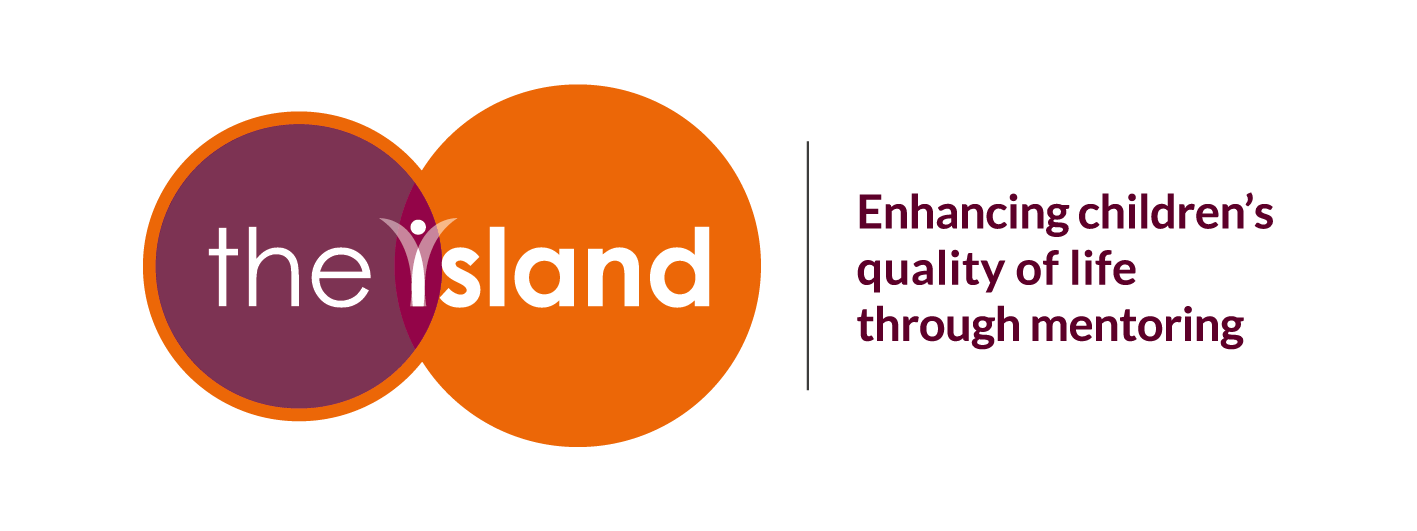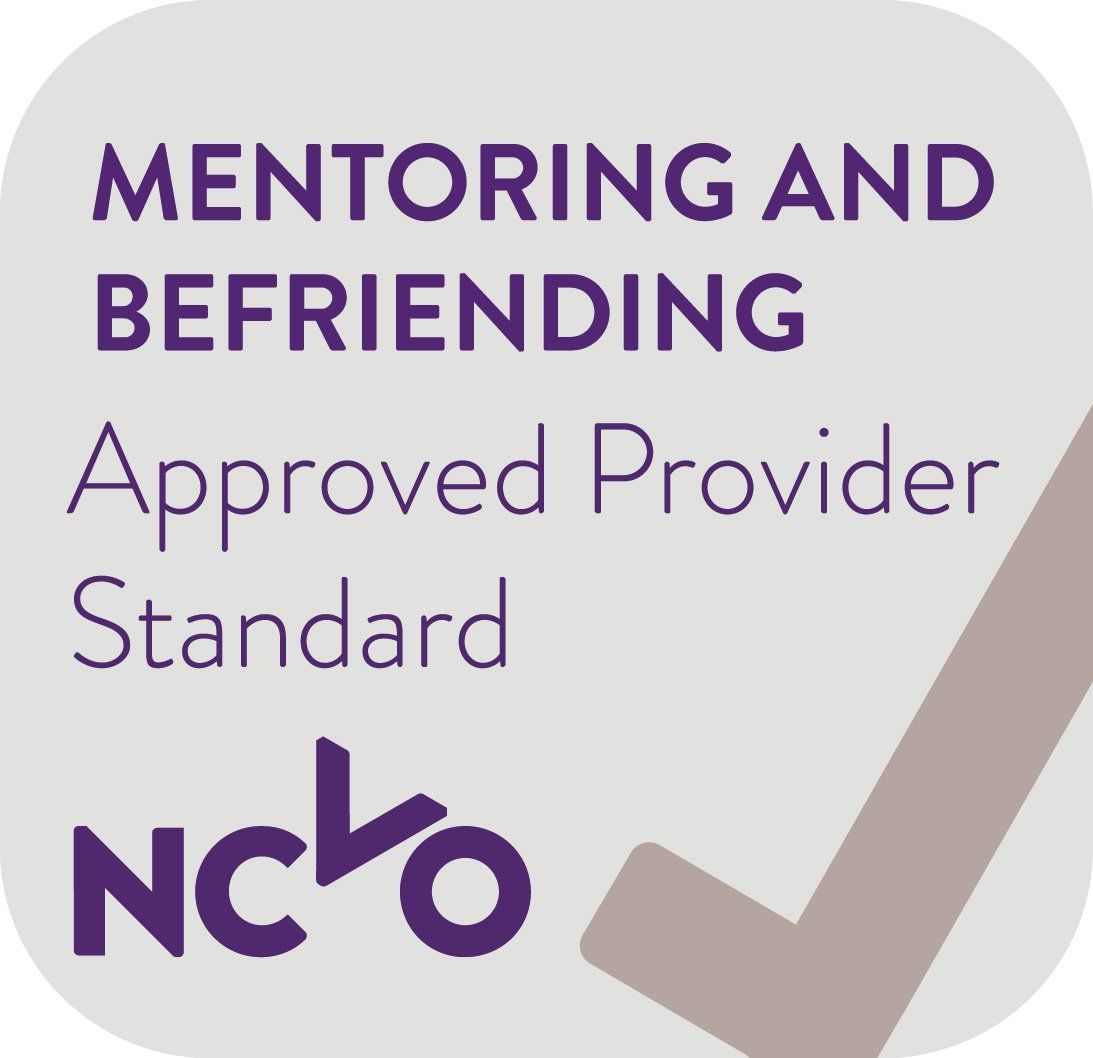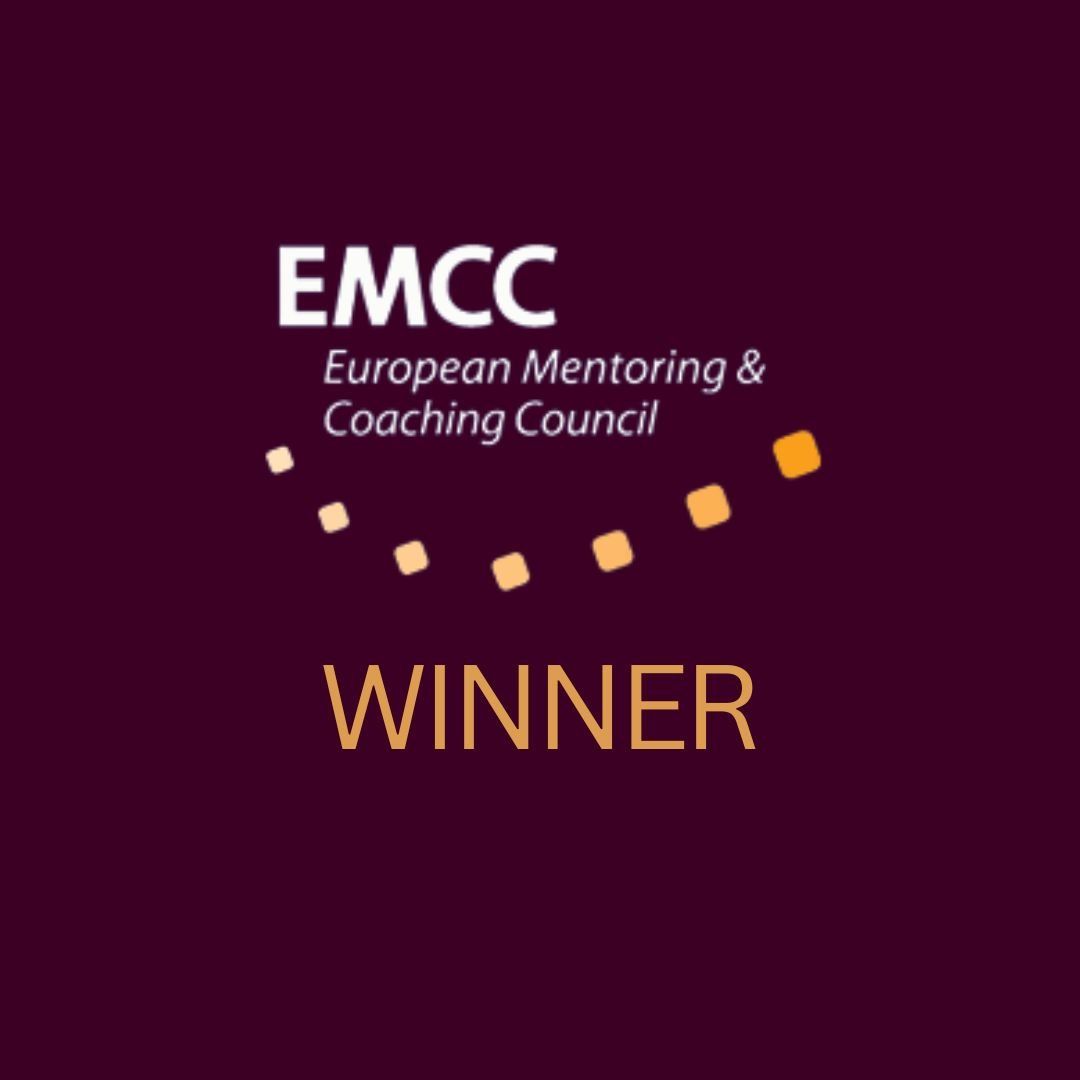Principal Statement
The Island exists to enhance the quality of life for children and young people through sustainable quality mentoring relationships as they make the transition through childhood and adolescence.
We are a voluntary organisation whose aim is to work with children and young people making the transition from primary to secondary school. The Island works with vulnerable young people from the ages of 8 to 13 and disabled young people from 8 to 19. This is a critical time when some children and young people become disaffected, withdraw from learning and engage in negative activities. Other young people, particularly disabled young people, may need support to enable them to develop confidence outside the family and learn independence skills. Being supported to access a range of positive community activities with a trusted adult can give young people new opportunities, raise aspirations and self-esteem. The Island believes that a secure relationship with consistent support and positive activities can enable our children and young people to develop to their potential.
The Island takes its name from Vera Fahlberg’s work on children and young people’s development. The Island represents time, space and support that is offered to children and young people, as they identify the need for it.
The Island Philosophy
We believe that:
the focus should be on positive solutions that look to the future, rather than to problems of the past
young people should be offered islands of time and space in which to develop
relationships need time, trust and investment
society needs to collaborate with young people by engaging with them and encouraging their aspirations
young people with additional needs to develop independence
young people with additional needs want to be the ‘same as everyone else’ and have fun and try new activities
structure and boundaries that are clearly communicated will empower young people
young people should be valued for being themselves
Volunteer Policies
Operational and Staff Policies
Mentoring Policies
Contact us
Call
01904 628449 (Monday-Friday, 9am-3pm)
Email
enquiries@theislandyork.org
Address Regus House, Oakdale Rd, Tower Ct,
York, YO30 4XL
Registered Charity 1120420 | Company Reg No. 5698045



